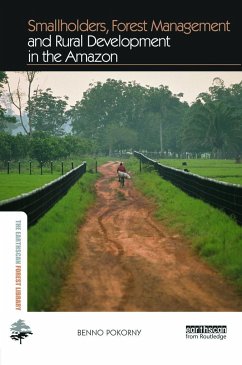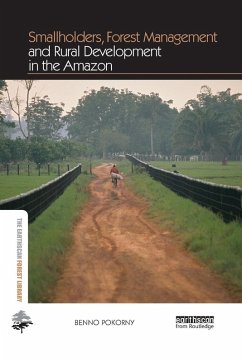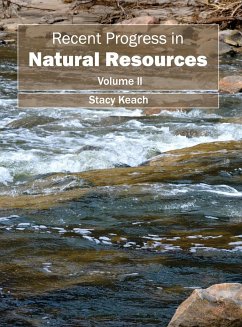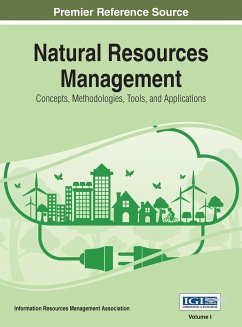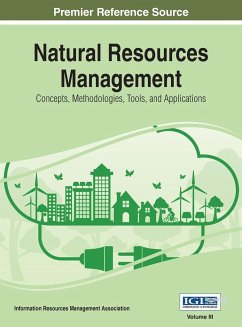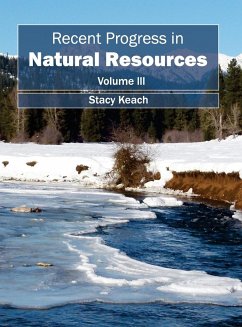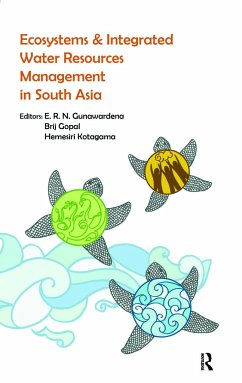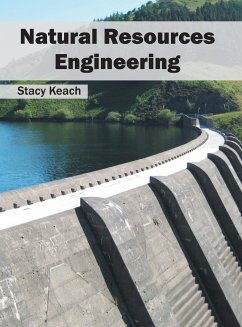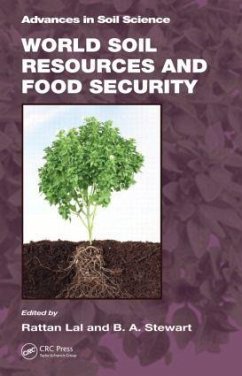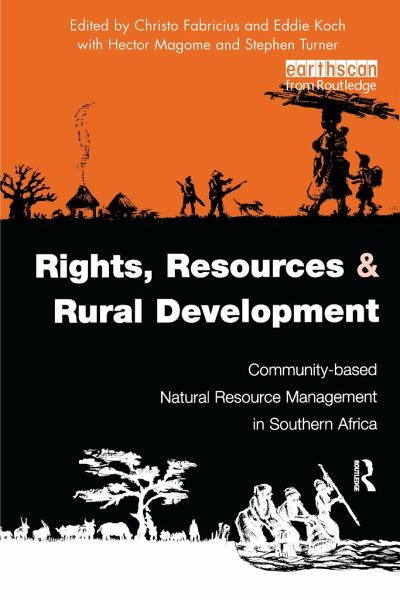
Rights Resources and Rural Development
Community-based Natural Resource Management in Southern Africa
Herausgeber: Fabricius, Christo; Turner, Stephen; Koch, Eddie
Versandkostenfrei!
Versandfertig in 1-2 Wochen
54,99 €
inkl. MwSt.
Weitere Ausgaben:

PAYBACK Punkte
27 °P sammeln!
Community-Based Natural Resource Management (CBNRM) refers to rural people managing and using natural resources to enhance their livelihoods. It is now widely recognized that much if the Earth's biodiversity is managed in this way, and that local communities can, and must, contribute to conserving biodiversity without sacrificing their access to natural resources. Observers and practitioners have focused on sustainable development as a means to overcome poverty in various parts of the globe.;Recently, however, the CBNRM concept has been criticized because many of these programmes have not yet had major positive impacts on improved rural livelihoods or conservation of biodiversity. This book identifies and analyses the flaws, which are often swept under the carpet by those directly involved in CBNRM initiatives, and proposes remedies for a variety of circumstances based on lessons learned in southern Africa during the 1990s.
Community-based natural resource management (CBNRM) is an approach that offers multiple related benefits: securing rural livelihoods; ensuring careful conservation and management of biodiversity and other resources; and empowering communities to manage these resources sustainably. Recently, however, the CBNRM concept has attracted criticism for failing in its promise of delivering significant local improvements and conserving biodiversity in some contexts. This book identifies the flaws in its application, which often have been swept under the carpet by those involved in the initiatives. The authors analyse them, and propose remedies for specific circumstances based on the lessons learned from CBNRM experience in southern Africa over more than a decade. The result is essential reading for all researchers, observers and practitioners who have focused on CBNRM in sustainable development programmes as a means to overcome poverty and conserve ecosystems in various parts of the globe. It is a vital tool in improving their methods and performance. In addition, academics, students and policy-makers in natural resource management, resource economics, resource governance and rural development will find it a very valuable and instructive resource.





